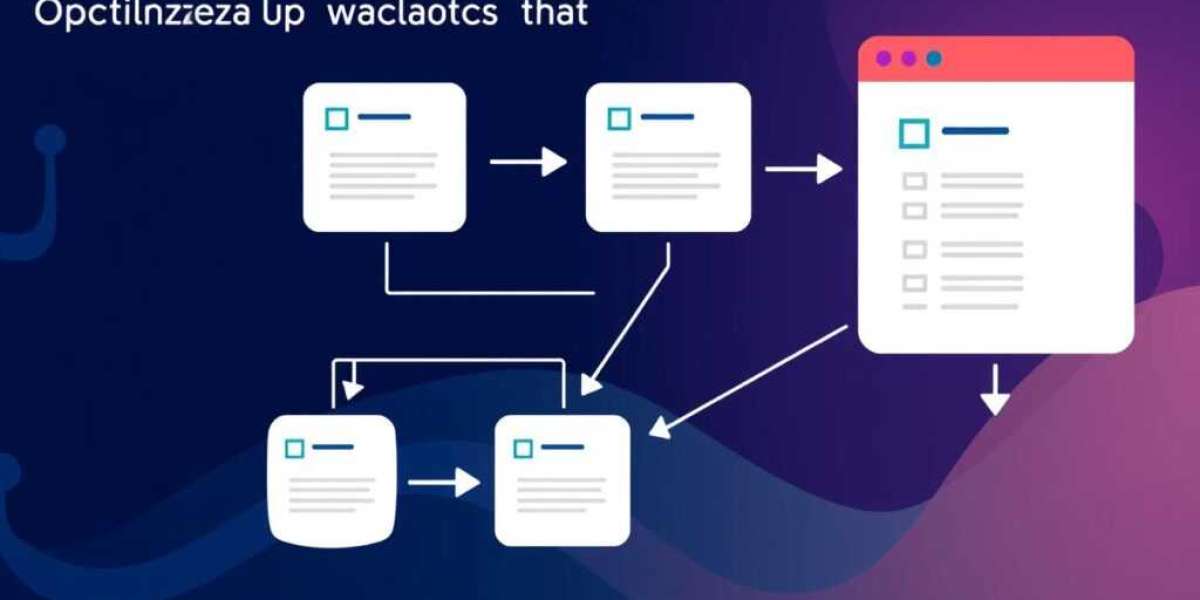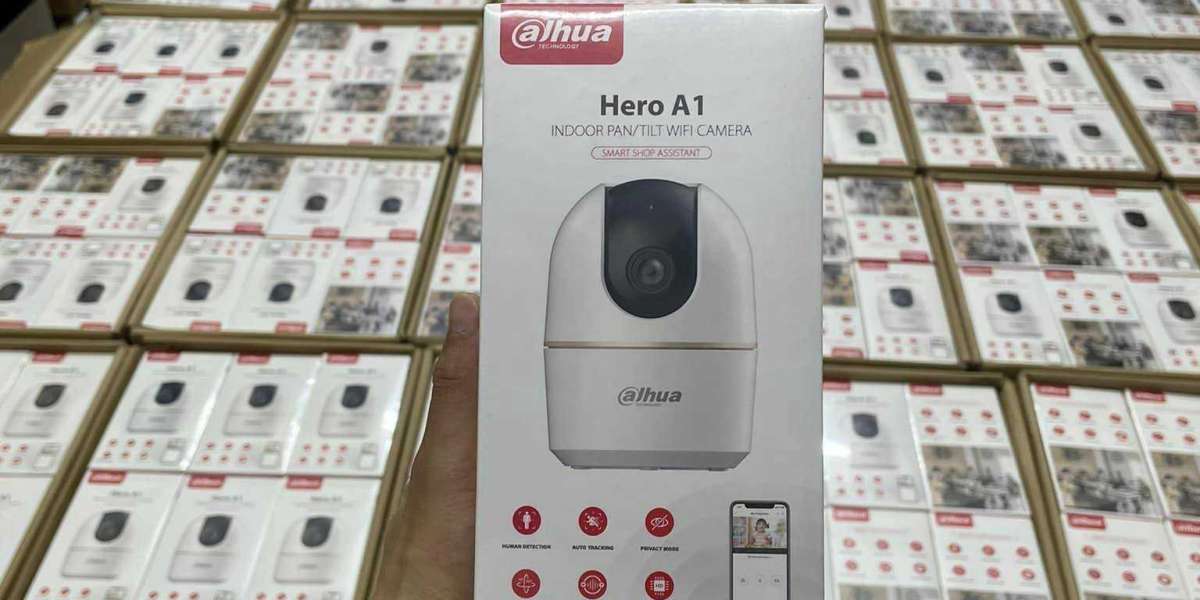Addresses are an important aspect of planning a wedding that can be overwhelming. There are numerous tools to make this process easier and less stressful.
Correct address information is vital for credit reports. While errors in your address won't impact your credit score, incorrect information about yourself could be a red signal for identity theft.
LocationIQ
LocationIQ is an API-based solution for geocoding, mapping and routing that allows businesses to track the location of vehicles in real time. Its robust reliable, scalable, and flexible features make it a great choice for businesses that require accurate information and flexible functions. It can be used to create online store locators, to include address autocomplete in web forms or to provide shipping information to clients. It also provides extensive geocoding, which converts coordinates to street addresses.
LocationIQ's autocomplete API can be described as one of its most useful functions. It lets users fill in a search query or text box and receive suggested results on the basis of their previous input. This can help save time and improve the user experience by removing the need to manually input the address. Autocomplete APIs allow you to provide more relevant results based on the context. For example they can suggest various locations or streets based on the search phrase.
Other features of LocationIQ include a map tile API and marker clustering. These tools can be utilized on real estate websites to make them more informative and engaging for prospective buyers. Furthermore, they can provide valuable insights on the distances between properties and transport connections, helping home buyers decide which one is right for them.
In addition an API for mapping is an essential element of a real-estate website. A top-quality mapping platform will offer various information about each property, including photos, descriptions, ratings and reviews. It also displays the location of the property and its proximity to nearby attractions and locations. It also provides details about local hospitals, schools and public transportation routes.
LocationIQ's mapping API is offered in a number of languages and can be used to display information about properties in any language. Make use of the "accept-language" followed by the ISO code of the language. For example, if you want to show the results in french, you would use the parameter "accept-language=fr".
While Google Maps and LocationIQ both provide map APIs, they have distinct features and pricing models. LocationIQ's price structure is more affordable and its APIs come with a free tier. However, the service does not have certain key features found in Google Maps, such as its options for customization and Street View feature.
Geocoders
Geocoding is the process of converting address data to geographic coordinates (latitude and longitude). This information can be used to map addresses, and perform various tasks, such as tracking the growth of populations or identifying patterns in customer behavior. This data can be used by companies to develop marketing strategies or by local governments to plan for future infrastructure requirements. The inclusion of latitude and longitude coordinates can help meet regulatory requirements such as those imposed on credit bureaus.
Geocoding is a method that involves searching through the collection of geographic data to find features that correspond to the elements of an address. Typically the locator will search for the largest portion of the area in the address (such as the state or region) and then searches for a municipality that matches or a postal delivery zone, then for streets, blocks, and side of the street, and finally for a house number. If the house number isn't found in the database, it may be interpolated from nearby houses that have similar numbers.
There are several different kinds of geocoders, each with its own unique features and advantages. For instance, a no-cost geocoding service offered by Google provides high accuracy, but only 2,500 addresses per day. Other commercial services provide more than 500 000 addresses per month and can be programmed to work with a specific country or region. These services can be combined with other data sources such as public address layer or census lookup code.
A GeocoderResult object is a combination of latitude and longitude aswell in a variety of types which indicate the type of feature returned. These types are referred to as tags, for example formatted_address, route, intersection or political. These types are defined in the syntax of the geocoder's hierarchy and vary depending on the geographic region that the geocoder covers.
The Pending Cases page gives a summary of geocode match results. It shows the percentage of addresses that were found to be matched with a specific location, those that did not match (unmatched) and those for which multiple locations are possible (tied). The flags on this screen let you determine and manually alter the positions of tied and unmatched features. For instance, if an unmatched address was incorrectly geocoded due to an error, you are able to manually edit the location.
Address normalization
Address normalization is a crucial process in the management of data. It transforms raw address data into a unified format that is compatible with international standards. This allows it to be easily used by geocoders, and other programs. It also improves the accuracy of addresses, reducing errors and costs related to shipping and billing. Incorrect or incomplete addresses can lead to lost or misdelivered packages, which can cost businesses and customers alike.
Address standardization is often automated, using machine learning algorithms to analyze and parse addresses to ensure consistency. This method is more cost-effective and efficient than manual methods, which can be expensive for large data sets. The most efficient method of normalizing address data will depend on your specific business requirements, like the volume of addresses or technology stack. You can use a model that is already developed, which is available in ArcGIS Living Atlas of the World. Or you can create your own. The former is best suited for data with small or medium size, while the latter is better suited for larger amounts of data and enterprise environments.
There are a variety of ways to automate this process, for example, using open source tools and APIs. These solutions can be incorporated into business systems, such as CRMs or RDBMs and help to verify that addresses are in fact valid, standardize them, and look up addresses. They can also include suite numbers to business addresses, which allows USPS delivery sequencing and SuiteLink support. Some of these solutions can validate and standardize data in many formats, including XML and JSON, SQL databases and Hadoop repositories.
Poor address data is a multibillion dollar problem despite all efforts of companies to eliminate errors. These mistakes can lead to delays in billing, shipping and marketing and result in lost or damaged products. Address standardization is a crucial step to ensure that addresses are consistent, accurate and reliable. This is important for last-mile delivery operations.
Many applications for Jujojula business require clean, accurate addresses, such as mailing, geocoding, and customer data management. A large number of address lists are prone to mistakes like misspellings, or formatting issues. These errors can be discovered in either the data inputted or in spreadsheet formulas. They can make it difficult to finish these tasks. It's important to standardize address data before deduplication and geocoding.
Address validation
Address validation is the use of software to correct and standardize addresses for mailing. This can help reduce delivery problems and increase satisfaction of customers by identifying address errors. This helps them comply with the regulations and standards pertaining to data collection. Address validation can assist businesses in improving their targeted marketing efforts by providing accurate and precise information to the right customers.
While it's crucial to ensure that addresses are valid, there are a few reasons why an address may fail to validate. Sometimes, human error is to the blame. These mistakes can be costly. In some instances it is possible that the address is fake or does not exist. This could be due to a move or a demolishment or perhaps due to the fact that someone has made it up.
To avoid these issues it is crucial to have a sound strategy in place. This could include deduping or cleaning data, aswell using an address validation service. This is a time-consuming process, but will save you money in the long term. Address validation can also help you reduce costs and increase the likelihood of delivery.
Autocomplete APIs are a great way to improve the accuracy and precision of address information. This can be utilized on forms on the web or mobile apps to suggest valid addresses as the user types. This method speeds the data entry process as it eliminates spelling mistakes and typos, and increases form completion percentages. It also helps to ensure compliance with regulations like GDPR or CCPA, because it eliminates errors in address data.
Apart from resolving and standardizing addresses, some address validation services also help in other tasks, such as geocoding, coding, or data quality. These services are vital for companies that process or collect personal data, such as financial companies and retailers. It's important to select the right service for your business, as they have different levels of accuracy.
 An address validation service is a program that checks the accuracy of an address by comparing it to a database that is official. It checks for errors and transliteration among different writing systems, such as Latin, Greek, Cyrillic, Chinese Pinyin, and Japanese. It can also identify duplicates and signal for further investigation. It also provides additional information, such as latitude/longitude, RDI labels and time zones.
An address validation service is a program that checks the accuracy of an address by comparing it to a database that is official. It checks for errors and transliteration among different writing systems, such as Latin, Greek, Cyrillic, Chinese Pinyin, and Japanese. It can also identify duplicates and signal for further investigation. It also provides additional information, such as latitude/longitude, RDI labels and time zones.








